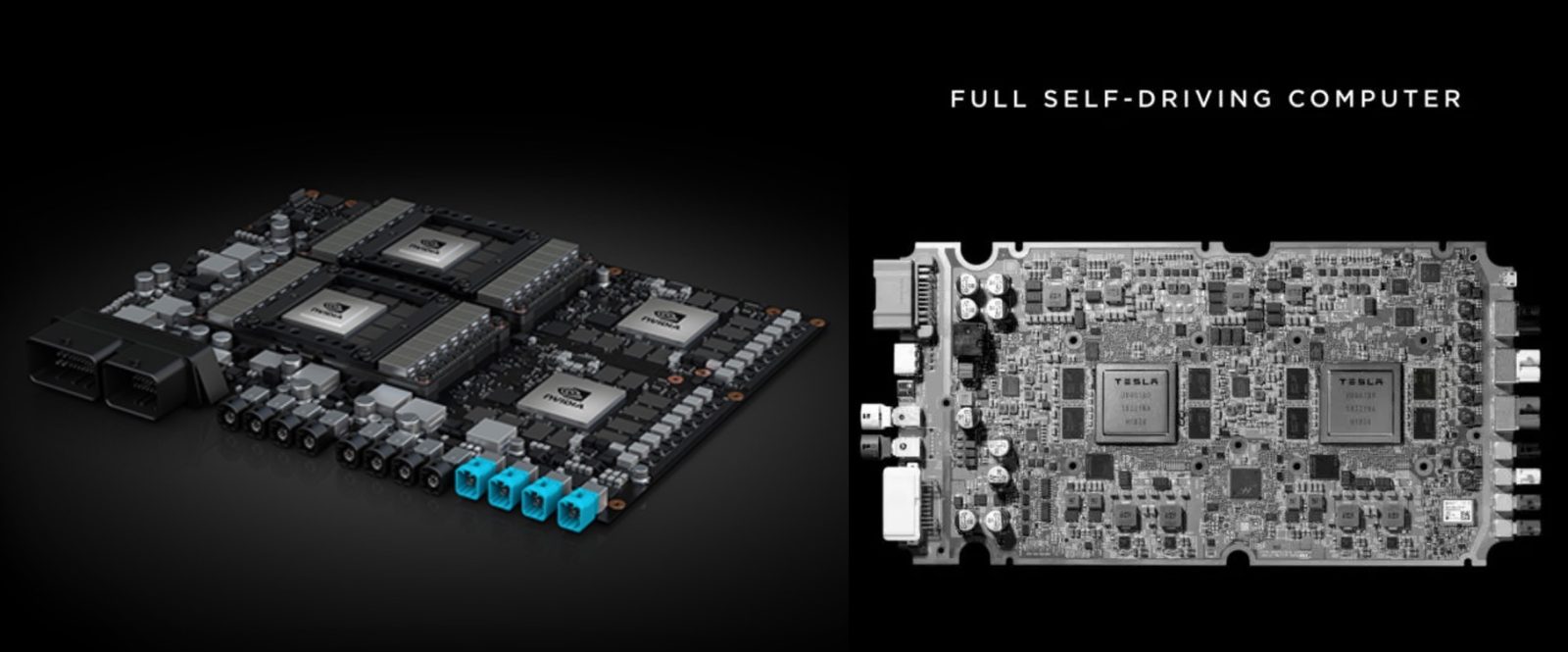Big Update: Samsung Has Begun Manufacturing Chips For Next-Generation Self-Driving Vehicle of Tesla
The upcoming Tesla Cybertruck will feature Tesla's new Hardware 4 computer, according to a article in The Korea Economic Daily.

Key Highlights
- Samsung has begun chip production for Tesla's FSD autonomous systems: the company has already begun manufacturing its own devices and, in the process, has begun to gain an advantage over competitors in key technological areas of competence.
- Samsung has already begun mass production of a new DDR4 RAM memory, a GDDR6 graphics memory, a UFS storage chip, and a new SSD hard drive.
- The upcoming Tesla Cybertruck will feature Tesla's new Hardware 4 computer, and according to a storey in The Korea Economic Daily, Samsung was set to defeat Taiwan Semiconductor Manufacturing Co. for the contract to construct the computer's chip.
- Tesla just chose Samsung to manufacture the HW 4.0 self-driving processor.
- The new Hardware 4 computer will replace the current Tesla vehicles' Hardware 3 and will serve as the foundation for the automaker's semi-autonomous driving system.
Advertisement

Samsung has begun chip production for Tesla's FSD autonomous systems: the company has already begun manufacturing its own devices and, in the process, has begun to gain an advantage over competitors in key technological areas of competence.
Samsung will be busy in 2022, not only with new technical device presentations (mobile phones, wearables, etc.), but also with a new series of technological gadgets designed exclusively for the electric car and autonomous vehicle markets. Its manufacture has begun, and the first units will be available in the first weeks of January 2022.
Samsung worked diligently and completed the development phase of their new goods, which are solely focused on the electric vehicle industry, a few months ago. The automotive industry's revolution has compelled technological firms that supply internal electronic devices to acquire batteries, on the one hand, and to empower their teams, on the other hand, in order to meet the next challenges that future cars will present: a strong demand for improved infotainment services and self-driving technology.
Advertisement

Samsung has already begun mass production of a new DDR4 RAM memory, a GDDR6 graphics memory, a UFS storage chip, and a new SSD hard drive. All of these components are specifically designed to boost the performance of electric and autonomous vehicles in the coming years, devices that will stand out for their increased response capacity, as well as their graphics efficiency and capability improvements.
Each of these components provides a noticeable performance boost over the previous generation of electrical gadgets. Among these improvements in specifications, we can see that the new SSD hard drive has a storage capacity of 256 GB (more than enough to meet the needs of current electric cars) and an impressive performance, 7 times faster than current storage discs in terms of sequential reading speeds when compared to what is currently available in BEVs.
For example, not only will the new batch of these more powerful devices provide cutting-edge technology for the upcoming autonomous vehicles, but they will also provide cutting-edge technology in other areas such as navigation with high-definition images, native connectivity with smartphones at a level far beyond what we currently enjoy, and transmission of video and 3D games for the passengers on board.
These Samsung smartphones have previously passed all the necessary stress tests and have been examined and tested for performance in a variety of scenarios. Samsung states that they meet the AEC-Q100 standard, which ensures that they perform well in climates with wide temperature variations; more precisely, they can operate between -40 and +105 degrees Fahrenheit. Their production has already begun, and they will be integrated into the next generation of electric and autonomous vehicles.
Advertisement

The upcoming Tesla Cybertruck will feature Tesla's new Hardware 4 computer, and according to a storey in The Korea Economic Daily, Samsung was set to defeat Taiwan Semiconductor Manufacturing Co. for the contract to construct the computer's chip.
Since the start of this year, Tesla and Samsung's foundry division have been working on the chip's design and samples. Tesla just chose Samsung to manufacture the HW 4.0 self-driving processor. It's almost a done deal, "a source previously told the publication in September.
The new Hardware 4 computer will replace the current Tesla vehicles' Hardware 3 and will serve as the foundation for the automaker's semi-autonomous driving system. Elon Musk previously stated that the new computer, dubbed the Full Self Driving Computer 2, will be "likely 1,000 percent safer" than a human driver, compared to the existing Full Self Driving Computer's claimed 300 percent safety.
The Korea Economic Daily previously announced that Samsung would manufacture the new chip at its Hwasung facility using 7-nanometer processing technology. Although this technique is less sophisticated than Samsung's 5-nanometer processing technology, it was chosen to provide higher production yields and chip stability.
Advertisement